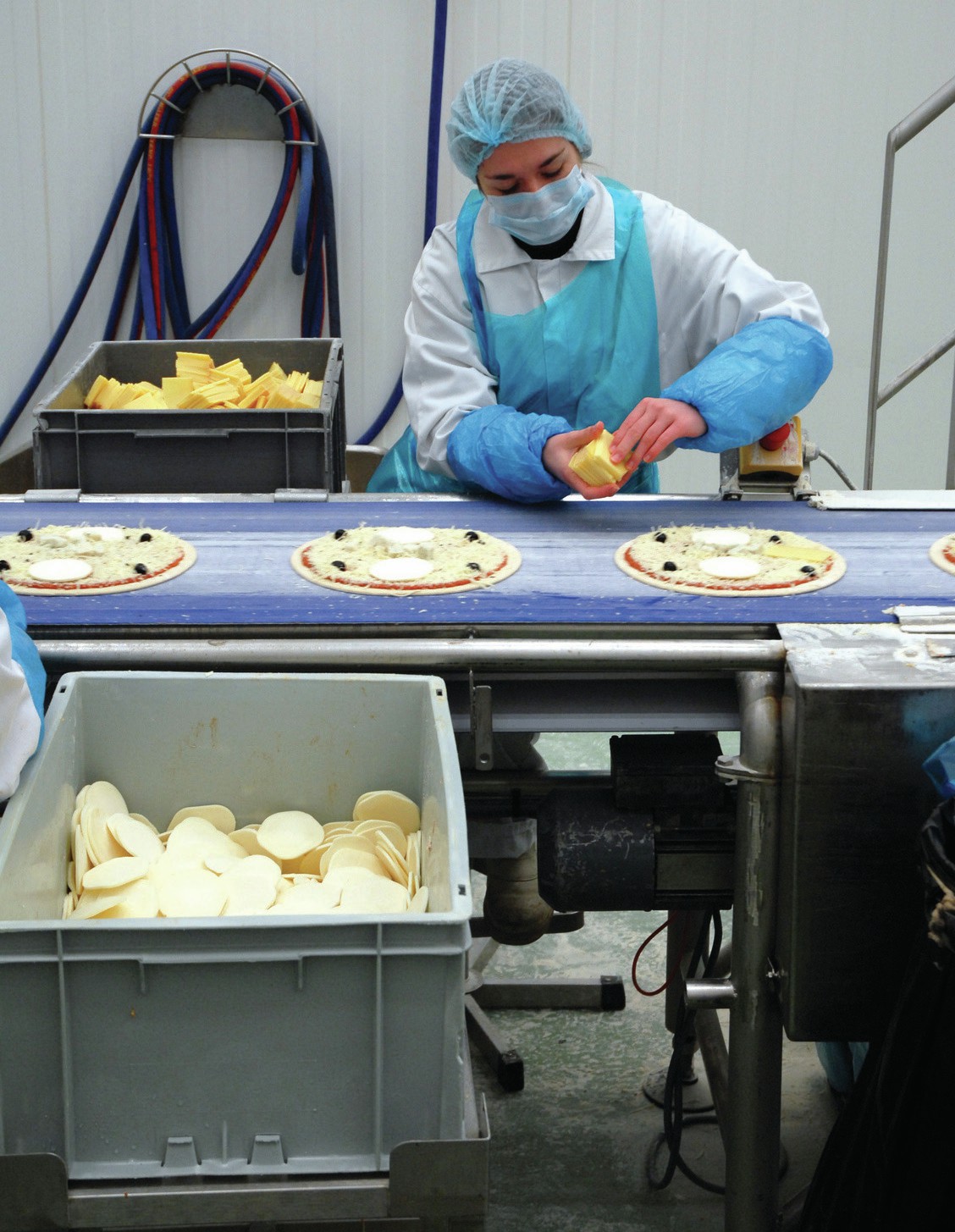
Alienation is an important concept in the writings of Marx. In order to properly understand what Marx meant by alienation, we must first look at Marx’s idea of human nature. He believed that humans are inherently creative. While they need to produce things in order to survive, in the act of production, whether this be growing or making something, they release the creativity and innovation that is their true nature, and in so doing, shape and mould the society in which they live. This means that, rather than being formed by seemingly impersonal forces, the nature of society is the result of human actions.
Marx referred to our capacity for conscious labour as our ‘species being’ — that which makes us truly human. In the process of labour, however, we also become ‘social beings’, as we need to cooperate and work together to produce what we need to live.
Your organisation does not have access to this article.
Sign up today to give your students the edge they need to achieve their best grades with subject expertise
Subscribe




